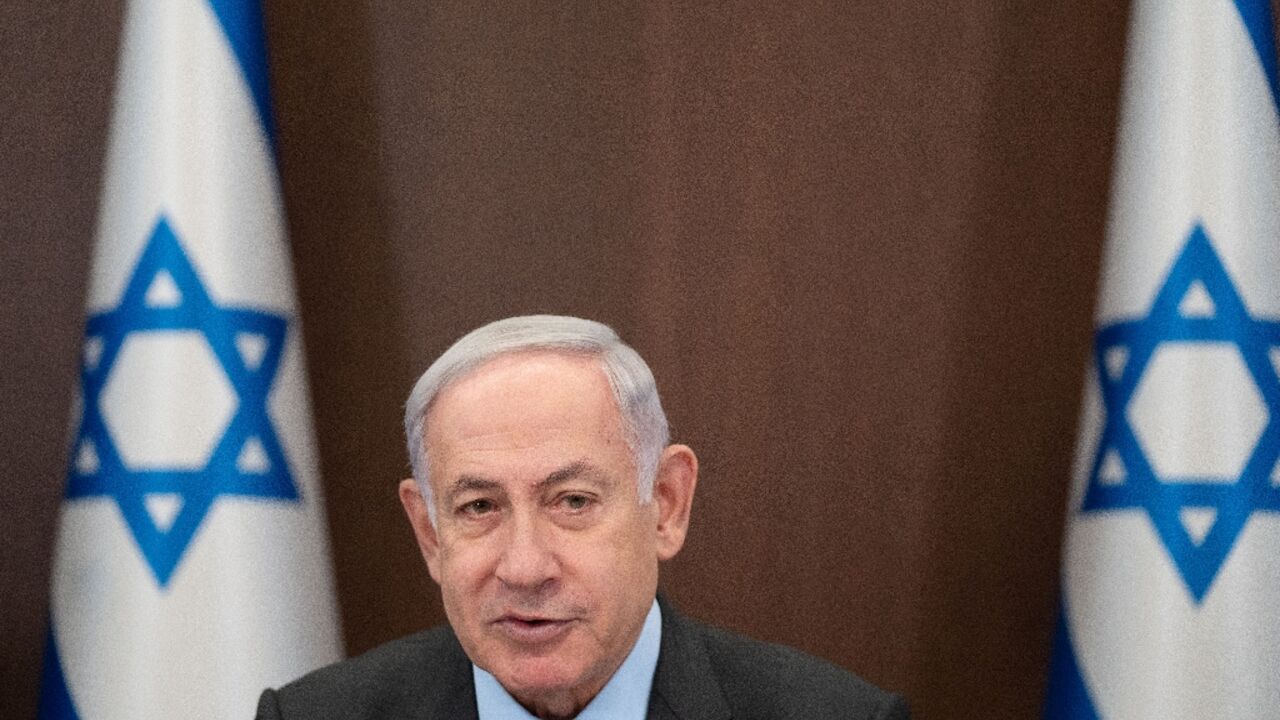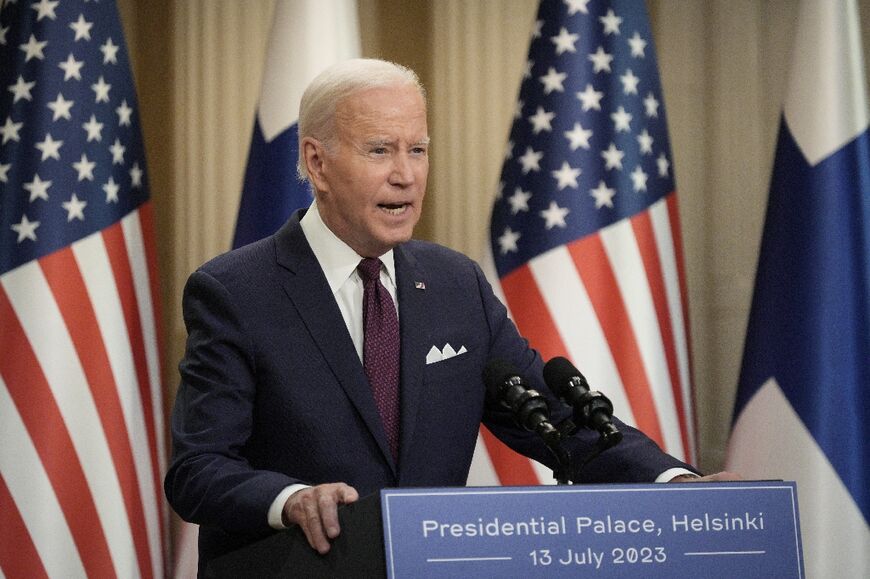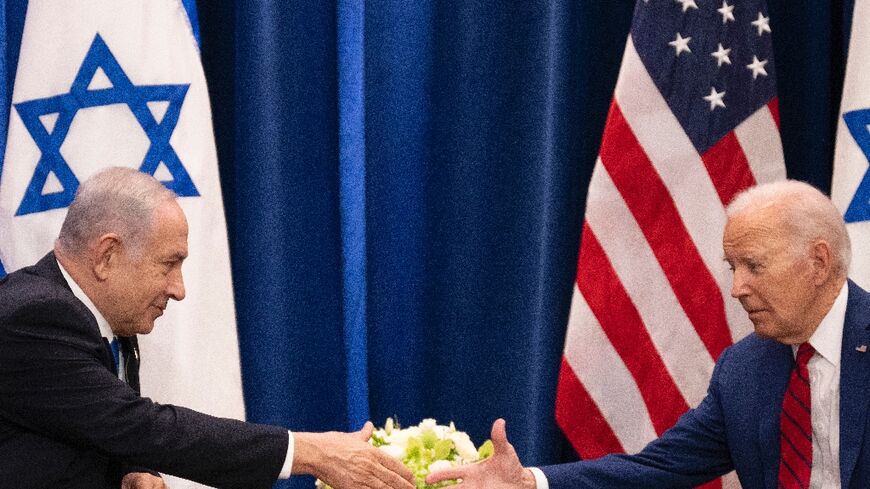Biden agrees to meet Netanyahu in US, easing lengthy tensions

President Joe Biden agreed Monday to meet with Israeli Prime Minister Benjamin Netanyahu later this year in the United States but declined, amid months of tension, to specify if this would be at the White House.
The offer of a meeting, made on the eve of a White House visit Tuesday by Israeli President Isaac Herzog, marks somewhat of an easing of tensions between Biden and a leader he recently described as heading "one of the most extremist" coalitions in half a century.
It will be the first such meeting since Netanyahu returned to office late last year, sparking Washington's ire with controversial judicial reforms and aggressive settlement expansions in occupied Palestinian territory.
The prime minister's office said he had been "invited" by Biden during a "long and warm" phone call and that this would be "in the US soon."
"The PM accepted the invitation and it was agreed that Israeli and US teams will coordinate the details."
But the US readout of the call, published notably long after the Israeli statement, made no mention of the meeting or an invitation.
National Security Council spokesman John Kirby separately told reporters that "they've agreed they will meet, probably before the end of this year" -- perhaps "in the fall."
However, he declined to say whether this meant an invitation to the White House or a meeting at some other venue, saying they were still working out the "all the details, the where's and the when's."
- 'Extremist' Israeli government -
The relationship between the United States and one of its historically closest allies has come under major strain since Netanyahu's political comeback at the head of a hard-right government in December.
In contrast to Herzog's high-profile Oval Office visit to Washington, Kirby said Biden and Netanyahu had been trying to arrange Monday's call "for some weeks."
They're at odds especially over Netanyahu's hugely contested push to reform the power of the judiciary -- triggering months of mass street protests over what opponents see as an assault on Israeli democracy.
In Monday's phone call, Netanyahu told Biden that the judicial bill would be passed next week and that he intended to "reach wide public support for the rest of the reform during the summer recess," his office said.
According to the US readout of the call, Biden "expressed concern about continued Jewish settlement growth" and "stressed the need to take measures to maintain the viability" of a future Palestinian state alongside Israel.
Regarding the judicial reforms, "Biden reiterated... the need for the broadest possible consensus," underlining that "shared democratic values have always been and must remain a hallmark of the US-Israel relationship," the readout said.
Earlier this month, Biden told CNN in an interview that Netanyahu was "trying to work through... his existing problems in terms of his coalition" -- "one of the most extremist... cabinets that I've seen."
Asked why he had not invited Netanyahu, Biden said Washington has "other contacts" such as Herzog.
Netanyahu's administration argues that the judicial revamp is necessary to ensure a better balance of power between elected officials and the judiciary. At a cabinet meeting Monday, Netanyahu said they were "fighting to keep Israel as a Jewish and democratic country."
Kirby cautioned that the agreement by Biden to meet Netanyahu doesn't mean "that we have less concerns over these judicial reforms, or less concerns over some of the extremist activities and behaviors by some members of the Netanyahu cabinet."
"Those concerns are still valid. They're disturbing," he said.
burs-sms/md






